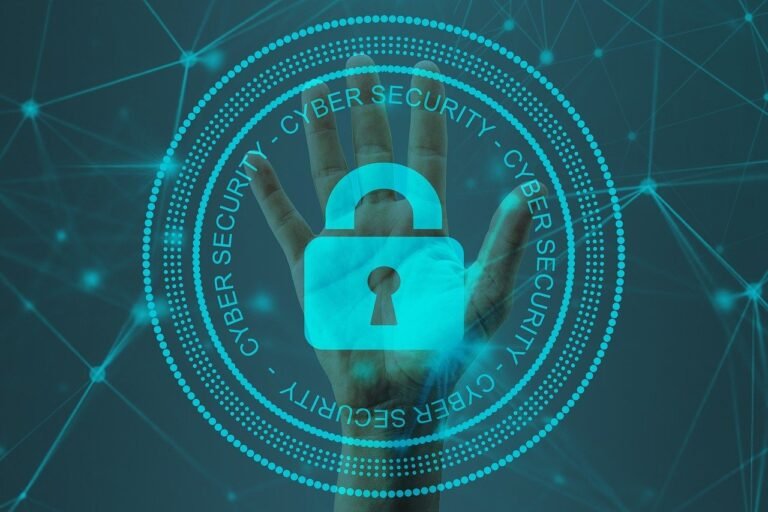Protecting Your Digital Footprint: What to Do When Your Data Is at Risk
We all leave behind a trail of personal information online—everything from bank details to what we post on social media. It’s convenient, sure, but it also means your data is out there, often more than you realize. And when breaches happen, they don’t just affect a few people. Financial fraud, identity theft, and long-term damage to your reputation follow. The truth is, many of us don’t know how much of our personal data has been exposed—until it’s too late. Knowing what’s at risk and how it’s used helps you take real steps to protect yourself. A breach isn’t just a warning sign; it’s a signal that your data might already be in the hands of bad actors.
The fallout goes beyond lost money. Stolen identities can open fake credit lines, get you scammed out of savings, or even lead to fraud in government programs. Worse, criminals don’t just use your data directly—they sell it in secret markets. For example, a PayPal login might only sell for $30 on the dark web. That sounds low, but it’s not the full story. When data is bundled with other stolen info, it becomes far more dangerous. A single username or password can be a key to unlock a whole set of accounts. The real danger isn’t just the price—it’s the potential to combine that data with other leaks to build a complete picture of you.
How Stolen Data Is Used and What You Can Do
- Identity theft: Criminals use your name, address, and other personal details to open new accounts, apply for loans, or take out benefits—often without your knowledge.
- Account takeover: They gain access to your existing accounts—like email, banking, or shopping sites—and pretend to be you to make purchases, reset passwords, or steal information.
- Phishing scams: Bad actors use stolen data to craft fake messages that look real, tricking you into giving up more login details or downloading malware.
You don’t have to be a tech expert to stay safe. Start by turning on two-factor authentication wherever possible. Use strong, unique passwords for each account—no reusing them. If you notice a breach affecting your industry, check your accounts and change passwords immediately. And always be careful about sharing personal details on unsecured sites. The best defense isn’t perfect—it’s consistent. Stay alert, stay informed, and take action when you see something suspicious. Your digital life is yours to protect.
Don’t wait for a breach to happen before acting. The smallest steps now can go a long way in keeping your identity and finances secure.







